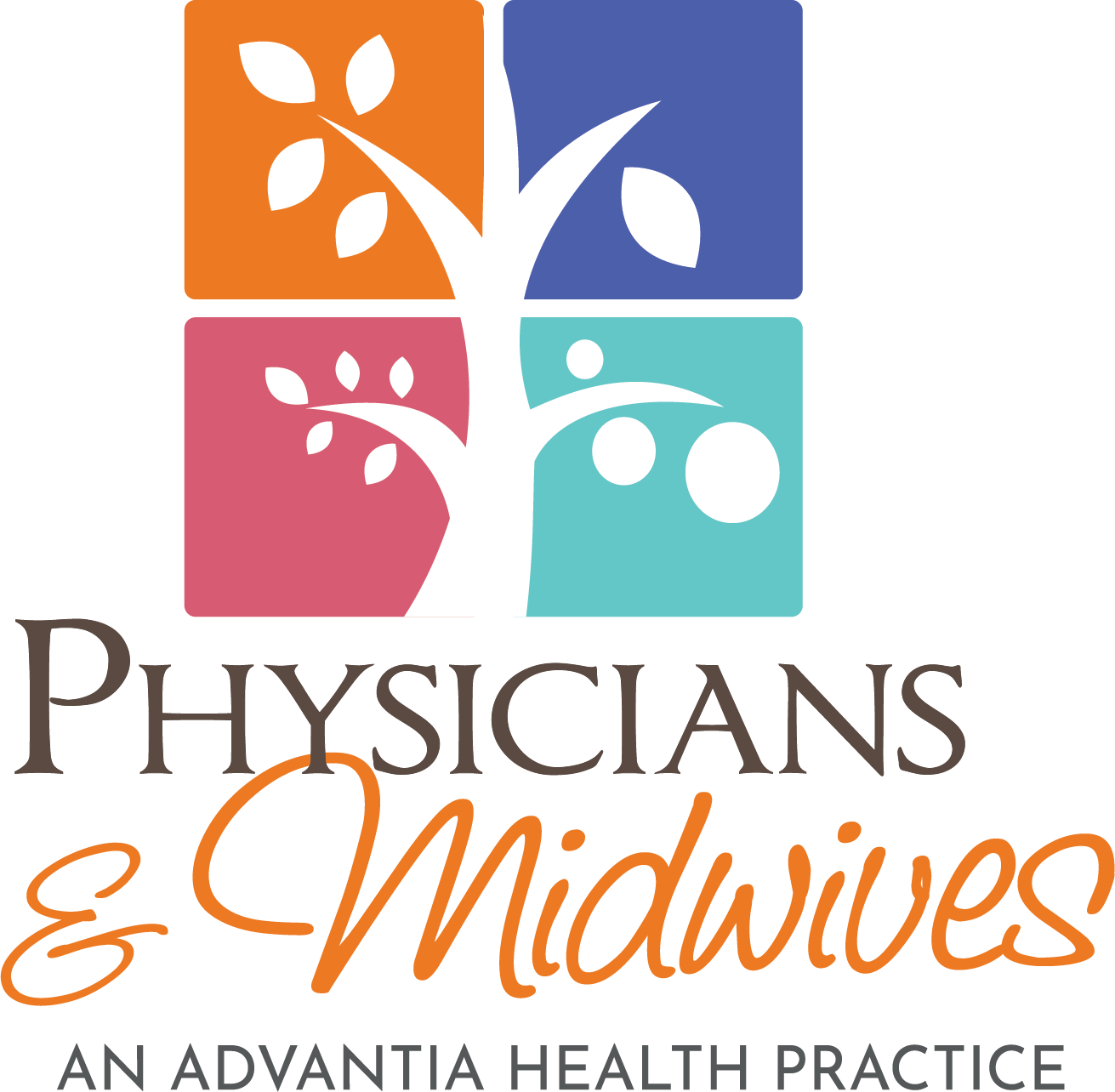
Published on: 7 August, 2018
Read Time: 5 min
They say that your twenties are the best years of your life and for the most part, that saying does hold some truth to it. Your twenties are a time of energy, excitement and general good health.
But even though you’re in the prime of your life, there are a few health issues that need to be taken care of. That’s because the good health habits you start today can impact your health years down the line. Studies show the lifestyle and health decisions we make during our third decade of life have a dramatic effect on how well we age. With that in mind, it’s important to pay attention to the following.
1. Sexual Health
Sexual health is a pretty big topic and it covers things like practicing safe sex, getting tested for common STD’s like Chlamydia, knowing what types of contraception work best for your lifestyle and of course visiting your doctor if you have the signs or symptoms of an STI (eg. genital rash or itching).
It also means staying on top of your pap smears (which help to detect cervical cancer early on).
These are the years when many people are exploring their sexual identity and doing so safely is by far one of the best things you can do for your long term health.
2. Exercise and Good Nutrition
Being in your 20’s often means spending long hours at work or school which can make it tough to exercise and eat well. Job pressure, romantic challenges, money problems and family stress all make for a hectic lifestyle which leaves very little time for eating well and getting plenty of exercise. But where possible, try to make both of these things a priority: Cycle to work or to school instead of driving or using public transport. Pack your own healthy lunches instead of eating out, carry healthy snacks around for on-the-go munchies, walk when you can take the bus and use early mornings or late evenings as mini 20-minute exercise sessions.
The key is to incorporate exercise and healthy eating into your day to day life instead of trying to carve out a specific time for it. Chances are you’ll be too busy or too tired to follow through with the later.
3. Contraception
The world of contraception is one that is vast and immense. There are many different types of contraceptives on the market -pills, patches, injections and intrauterine devices (IUDs) just to name a few. Each type of contraception has different risks, benefits, financial costs and side effects so picking the ideal one for your body can be a little tricky.
The most popular type of contraception is ‘the pill.’ But although it’s popular, it does not necessarily mean it is the right contraception for everyone. For example, factors that that influence the type of contraception you take includes:
- Your medical history -women who have high blood pressure or migraines may be prescribed different pills.
- Certain medical conditions – Women who suffer from conditions like epilepsy, depression or have a history of blood clots may also be prescribed different contraception.
- Your relationship status – Women in long-term, monogamous relationships may appreciate the convenience of an IUD.
It is worth taking the time to make sure that you’re on the right contraception that suits your body and your lifestyle.
4. To Have Kids or to Wait?
For some women, having a child in their 20’s is a terrifying thought but for others, they’re happy to jump into motherhood as soon as possible. Whatever situation you find yourself in -not looking to start a family or wanting to start one right away, your OBGYN is going to play a key role in that journey.
Whether it’s finding the right contraception or undergoing a pre-pregnancy check, your doctor will be an invaluable source of information and guidance.
If you’re interested in family planning, an OBGYN physician, midwife, or nurse practitioner can provide help on issues like fertility, pre-pregnancy diet, health screening or stop-smoking programs.
5. Finding the Healthcare Provider that’s Right for You
If you don’t have a primary health care provider, now is the time to find one. A good one. He or she can help you establish good health habits, discuss proper nutrition, exercise and health risks, such as smoking, alcohol intake, other drug use, and sex.
Remember, everything you share with your doctor is 100% confidential. Whether it’s a problem that is extremely private or one that you think is embarrassing, everything you share is held with the strictest confidence so it’s important to be as open and honest with them as possible.
If you spend most of your time on campus, consider finding a doctor close by. It will make appointments and check-ups easier to fit into a busy schedule.

Physicians and Midwives, an Advantia Health Practice
Physicians and Midwives is a unique collaborative practice you won’t find anywhere else. We have 5 offices for your convenience all across Northern Virginia, including Alexandria, North Arlington, Mt. Vernon, Kingstowne, and Woodbridge. If you would like to be listened to, as well as cared for, then look no further.





